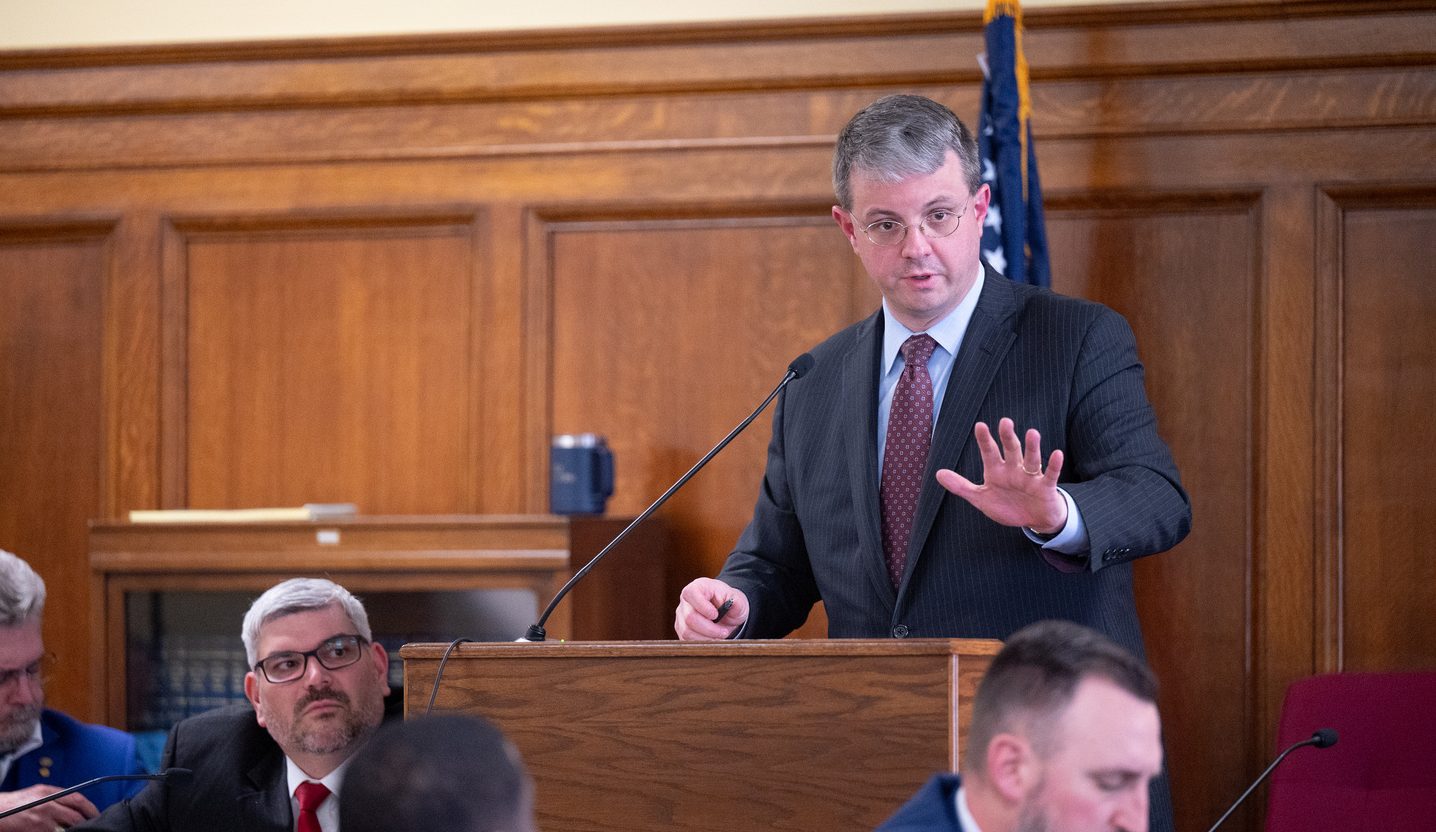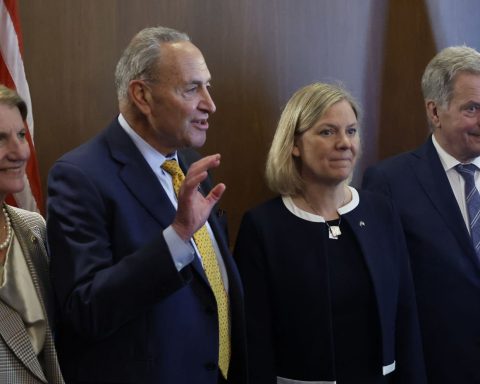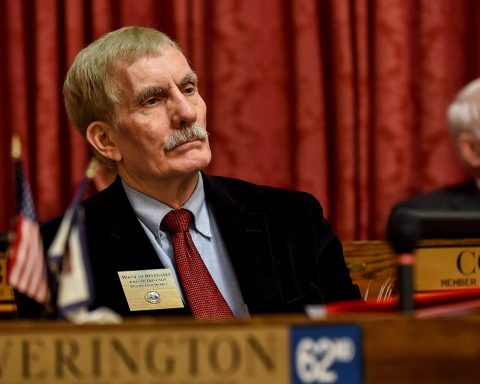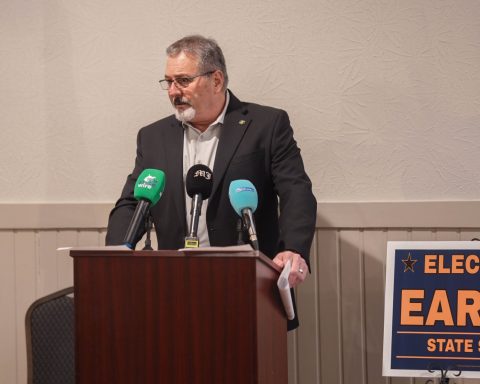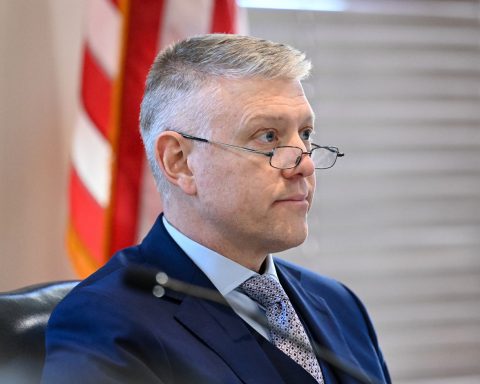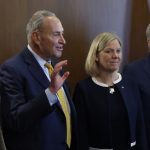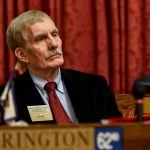CHARLESTON — Nearing the final weeks of the 2025 legislative session, a bill advancing through the West Virginia House of Delegates threatens to roll back decades of transparency in government. House Bill 3412, which was approved in a voice vote by the House Rules Committee on Thursday without a roll call demanded, sets the stage for a dramatic shift in the state’s commitment to open government.
The bill, sponsored by House Speaker Roger Hanshaw, R-Clay, seeks to exempt the state legislature from the reach of the West Virginia Freedom of Information Act (FOIA), a law that has guaranteed public access to government records for nearly six decades. Under the proposed legislation, lawmakers would be empowered to set their own rules regarding which documents are made available to the public. These rules could determine the level of transparency surrounding the legislative process—decisions, meetings, communications—essentially allowing lawmakers to decide what the public can and cannot see.
Hanshaw, who has championed the notion that the legislature should be treated differently from the executive and judicial branches, argues that the bill is about efficiency and clarity. During committee testimony, Hanshaw framed HB 3412 as a way to better define what constitutes a “legislative record,” suggesting that current law treats the legislature in a one-size-fits-all manner with the courts and executive departments. He contends that the bill’s intent is not to cloak the legislative process in secrecy but rather to clarify what is, and isn’t, subject to public scrutiny.
Hanshaw claimed that the bill was not meant to provide a “carve-out” for the Legislature to FOIA laws.
“I actually never will use the term carve-out because that’s not the intention of the bill.,” Hanshaw said. “The intention is not that we exempt the Legislature from access to public records. It’s just simply to point out that we’re not the executive branch and the kinds of records kept in the transaction of legislative business are really not akin to the same kind of records kept by executive branch agencies.”
However, critics argue Hanshaw’s claim that House Bill 3412 is not a “carve-out” from the Freedom of Information Act is blatantly misleading. The bill is a classic carve-out—its language is stark, simple, and undeniable in its intent. The bill spans just three lines, with a single subsection title, “§29B-1-8. Legislative Exemption,” followed by an action clause: “This article does not apply to the Legislative branch, upon its adoption of rules regulating the disclosure of public records.” In reality, this bill removes the legislative branch entirely from FOIA’s reach, handing over control of public record disclosure to the Speaker of the House and his leadership team. If Hanshaw were truly seeking transparency, the bill would be much more comprehensive—multiple pages long—detailing a clear process for determining which records are public and how oversight will be handled. Instead, what this bill creates is a system where the Speaker and legislative leaders would essentially serve as the sole arbiters of what gets shared and what stays hidden, without any independent checks on their authority. This is the very definition of a carve-out, not an effort to improve transparency.
Opponents of the bill see this as an opening for lawmakers to hide behind a veil of ambiguity and control the narrative. The proposed change would shift the power to define public records from state law to the very legislators who have the most to gain from keeping certain communications hidden. In practice, this could mean that emails, drafts, and presentations that might shed light on the legislative process—or reveal the influence of lobbyists and special interest groups—could be sealed off from public view.
The timing of the bill’s introduction is also noteworthy. It comes just months after the controversial Warner-EDA scandal, a case in which taxpayer-funded grants and loans were funneled to influence elections, including those of State Senate candidates, Secretary of State Kris Warner, and Del. Jonathan Pinson (the only delegate to receive subsidized independent expenditures in his district from this group). The scandal raised questions about the intersection of government spending and political influence—questions that, under HB 3412, could now be much harder to answer.
The bill threatens to entrench a culture of secrecy at the Capitol, at a time when transparency is more crucial than ever. With lobbyists and political donors having a greater say in shaping legislation, the public’s right to know how laws are crafted—and who is behind them—could be severely limited. And while Hanshaw insists the goal is to clarify, not obscure, the details, his critics fear that the result will be just the opposite: a legislature that can hide behind opaque rules, shielded from public accountability.
For journalists, researchers, and members of the public who have long relied on FOIA to expose the inner workings of government, the bill represents a dangerous retreat from the principles of open government. Emails and records obtained through FOIA often reveal not only the mechanics of lawmaking but also the influence of well-heeled lobbyists and interest groups. Under HB 3412, those documents could be off-limits entirely, leaving citizens in the dark about who is driving policy decisions and why.
Doug Skaff, interim director of the West Virginia Press Association, voiced strong opposition to the measure, warning that the bill could set a precedent that undermines the transparency West Virginians deserve.
“The Freedom of Information Act has been around since 1966. It’s the foundation of open government,” Skaff said. “What we need is to strengthen these laws, not weaken them, to ensure that the people have access to the workings of their government.”
But the bill’s proponents, led by Hanshaw, are confident that the legislature should have the discretion to decide which records are truly public. They argue that many documents, such as drafts of bills that never make it to the floor, should not be subject to public disclosure. This, they claim, would help lawmakers focus on their work without the distraction of unwanted requests.
Yet, in this effort to provide lawmakers with more leeway in defining what is public, HB 3412 threatens to diminish the very transparency that holds elected officials accountable. As the bill heads to the full House for a vote, questions about its potential to pass in the State Senate remain unanswered, and Gov. Patrick Morrisey’s position on the measure is unstated.
The dangers of hiding government documents from the public are not abstract. History shows that secrecy breeds corruption, erodes trust, and prevents citizens from understanding how decisions that affect their lives are made. If HB 3412 is allowed to pass, it could mark a dangerous precedent in West Virginia’s ongoing struggle to balance government transparency with the demands of political expediency.
As the legislature moves closer to making this bill a reality, the stakes could not be higher. For West Virginians, the question will soon become: Will their government remain open, or will it descend into a black box where decisions are made in secret, out of sight of the very people it is supposed to serve?

